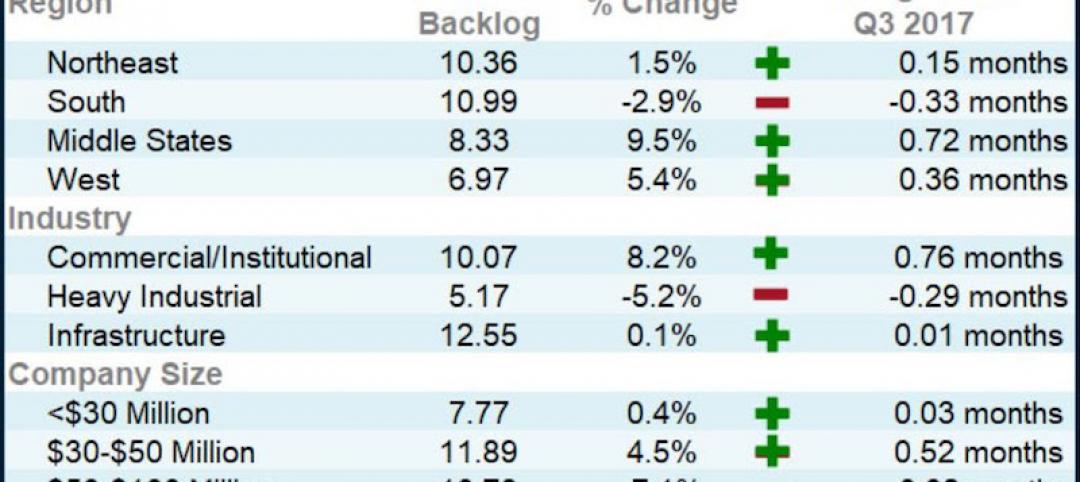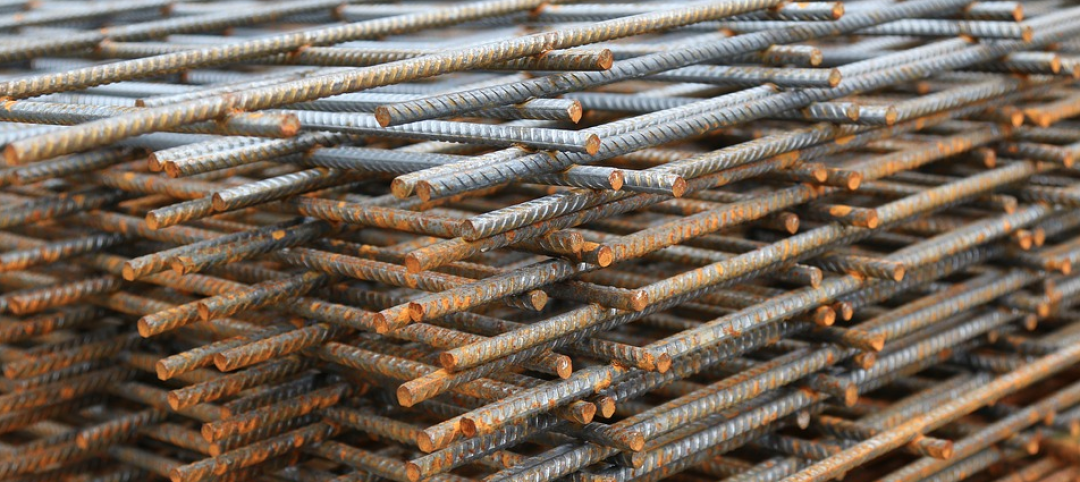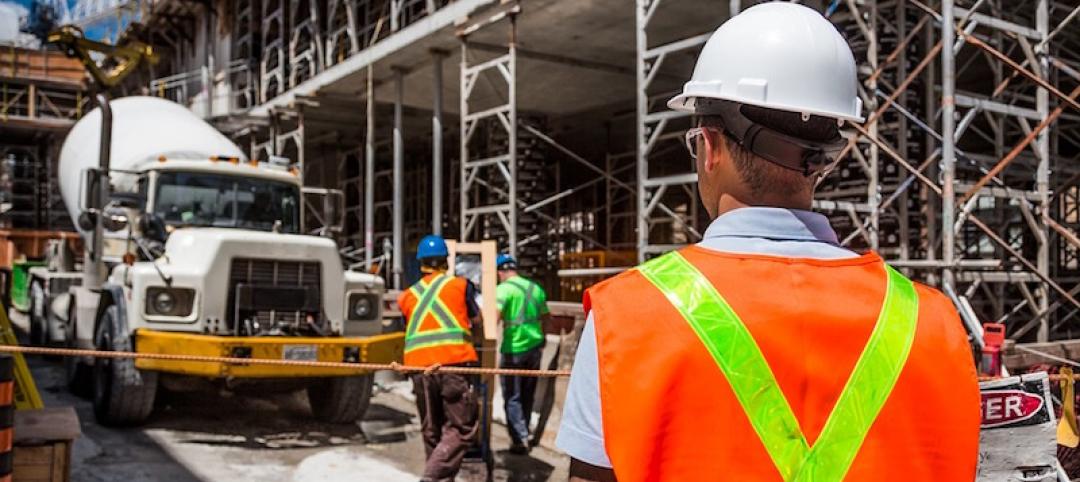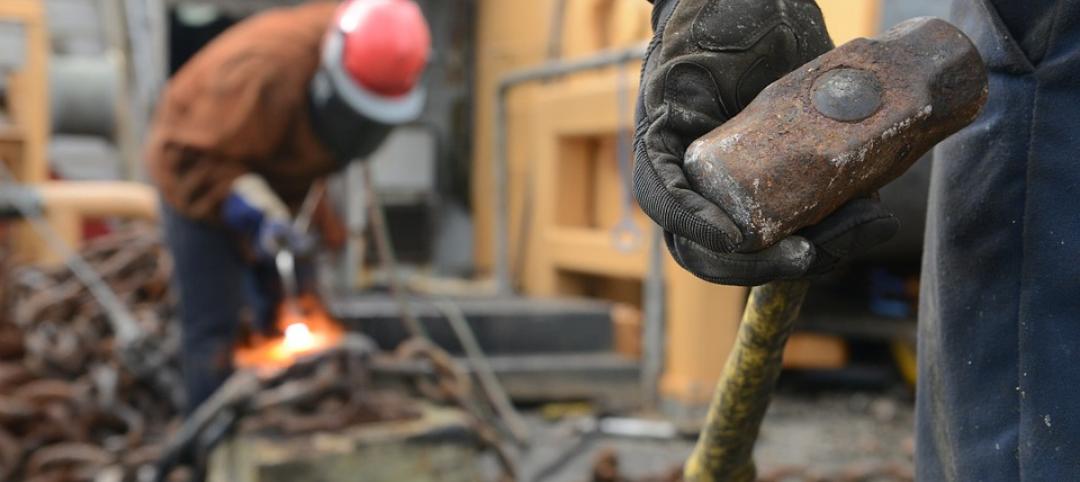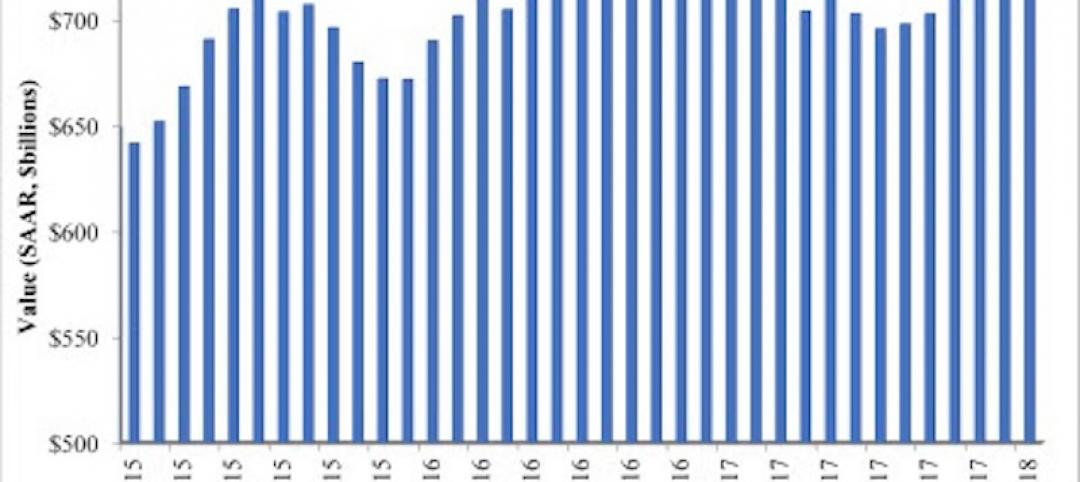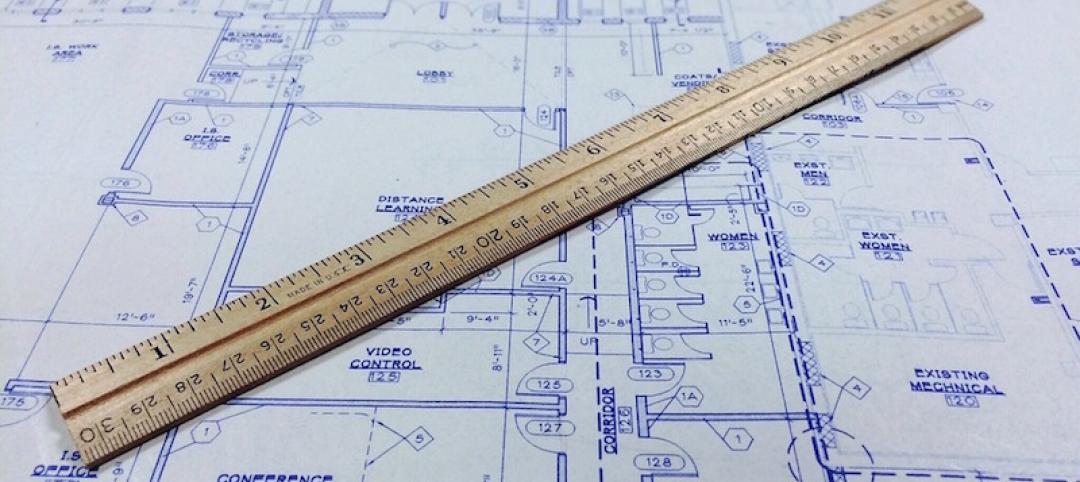Construction employment increased in 329 out of 358 metro areas between April and May as a new survey finds that two-thirds of highway construction firms had at least one crash in the past year at highway work zones they operate. Officials with the Associated General Contractors of America and HCSS, which conducted the survey, urged drivers to slow down and be aware while driving through highway work zones during their summer travels.
“As industry employment increases, it is safe to assume that more people are working in highway work zones that are typically close to moving traffic,” said Ken Simonson, the association’s chief economist. “And it is important to remember that any time your job site is just a few feet away from fast moving traffic, danger is never far away.”
Simonson noted that construction employment expanded in most parts of the country between April and May as coronavirus lockdowns began to ease, according to an analysis of federal employment data the association conducted. He noted that Seattle-Bellevue-Everett, Wash. added the most construction jobs (28,600, 44%) in May, followed by New York City (25,000, 31%) and Pittsburgh, Pa. (22,000, 60%). Click here for the complete analysis.
Many of those workers will be improving highways and bridges in work zones along busy highways this summer, the economist pointed out. That is why the association partnered with construction technology firm HCSS to conduct a nationwide survey of highway contractors on work zone safety. According to that survey, two-thirds of the 200-plus respondents reported at least one crash in the past year involving a moving vehicle at highway work zones, and 33% reported five or more crashes.
Seventeen percent of work zone crashes resulted in injury to construction workers, according to the survey. Meanwhile, drivers and passengers were injured in 44% of those crashes. Drivers and passengers are more likely to be killed in work zone crashes as well. Workers were killed in five percent of work zone crashes while drivers or passengers were killed in 15 percent of those crashes.
The only good news coming out of the survey, Simonson observed, is that coronavirus-related reductions in driving appear to have improved work zone safety. Fifty-eight percent of respondents said changes in highway traffic levels since the coronavirus made work zones safer. But with traffic already back to 90% of pre-coronavirus levels by some estimates, those safety improvements are likely “fleeting,” the economist said.
Association officials called for new measures to protect motorists and workers at highway construction sites. They noted that 24% of survey respondents say a greater police presence at work zones will improve safety. Another 18% say stricter laws against cell phone usage and distracted driving would help. And 17% would like to see greater use of devices like Jersey barriers to protect workers.
Association and HCSS officials said the easiest way to improve work zone safety is to get motorists to slow down and pay attention. They added that motorists should be careful navigating the narrower lanes and sudden lane shifts that are common in work zones. And they urged motorists to obey posted speed limits and keep their eyes on the road and off their phones.
“The importance of work zone safety can be measured by the lives that it saves,” said Steve McGough, the President and CFO of Sugar Land, Texas-based HCSS. “Saving the lives of our greatest asset, our people, has to come first in the planning and execution of work every day.”
Click here for the work zone survey results. And click here for the metro employment data.
Related Stories
Market Data | Mar 19, 2018
ABC's Construction Backlog Indicator hits a new high: 2018 poised to be a very strong year for construction spending
CBI is up by 1.36 months, or 16.3%, on a year-over-year basis.
Market Data | Mar 15, 2018
ABC: Construction materials prices continue to expand briskly in February
Compared to February 2017, prices are up 5.2%.
Market Data | Mar 14, 2018
AGC: Tariff increases threaten to make many project unaffordable
Construction costs escalated in February, driven by price increases for a wide range of building materials, including steel and aluminum.
Market Data | Mar 12, 2018
Construction employers add 61,000 jobs in February and 254,000 over the year
Hourly earnings rise 3.3% as sector strives to draw in new workers.
Steel Buildings | Mar 9, 2018
New steel and aluminum tariffs will hurt construction firms by raising materials costs; potential trade war will dampen demand, says AGC of America
Independent studies suggest the construction industry could lose nearly 30,000 jobs as a result of administration's new tariffs as many firms will be forced to absorb increased costs.
Market Data | Mar 8, 2018
Prioritizing your marketing initiatives
It’s time to take a comprehensive look at your plans and figure out the best way to get from Point A to Point B.
Market Data | Mar 6, 2018
Persistent workforce shortages challenge commercial construction industry as U.S. building demands continue to grow
To increase jobsite efficiency and improve labor productivity, increasingly more builders are turning to alternative construction solutions.
Market Data | Mar 2, 2018
Nonresidential construction spending dips slightly in January
Private nonresidential construction fell 1.5% for the month, while public sector nonresidential spending increased 1.9%.
Market Data | Feb 27, 2018
AIA small firm report: Half of employees have ownership stake in their firm
The American Institute of Architects has released its first-ever Small Firm Compensation Report.
Market Data | Feb 21, 2018
Strong start for architecture billings in 2018
The American Institute of Architects reported the January 2018 ABI score was 54.7, up from a score of 52.8 in the previous month.



